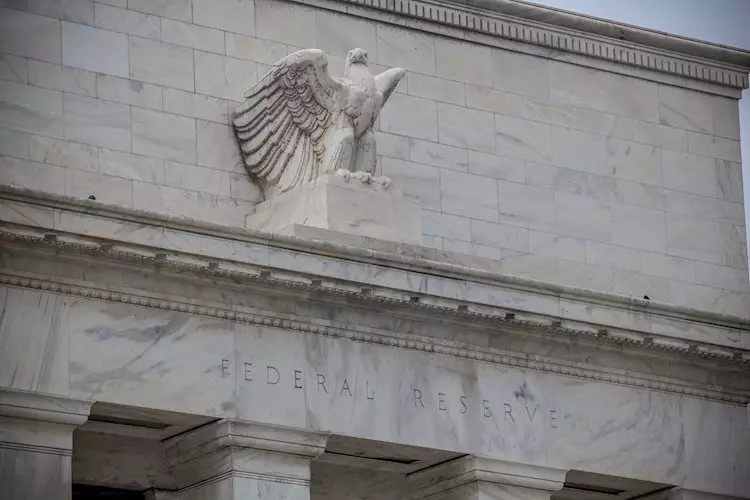Federal Reserve (Fed) Chairman Jerome Powell and European Central Bank (ECB) President Christine Lagarde recently shared their insights on the monetary policy outlook at the ECB Forum on Central Banking in Sintra. They highlighted key points such as the stickiness of services inflation, the cooling off of the labor market, and the expectation for inflation to reach 2% in the near future.
In the United States, the Federal Reserve (Fed) plays a crucial role in shaping monetary policy. With dual mandates to achieve price stability and foster full employment, the Fed utilizes interest rate adjustments as its primary tool. When inflation exceeds the 2% target or unemployment rates are too high, the Fed may raise interest rates to curb inflation and strengthen the US Dollar. Conversely, lowering interest rates can stimulate borrowing and weaken the Greenback.
The Federal Reserve conducts eight policy meetings annually, during which the Federal Open Market Committee (FOMC) evaluates economic conditions and makes monetary policy decisions. Comprising twelve Fed officials, including members of the Board of Governors and regional Reserve Bank presidents, the FOMC plays a crucial role in determining the direction of monetary policy in the US.
In times of crisis or low inflation, the Federal Reserve may resort to unconventional policies such as Quantitative Easing (QE). This involves the Fed increasing the flow of credit in the financial system by purchasing bonds from institutions to stimulate economic activity. Conversely, Quantitative Tightening (QT) involves the Fed reducing its bond purchases and allowing maturing bonds to expire without reinvestment, strengthening the US Dollar.
The decisions made by central banks such as the Federal Reserve and the European Central Bank can have far-reaching implications for the global economy. Changes in monetary policy can affect currencies, inflation rates, and interest rates worldwide. Understanding the intricacies of these policies is essential for policymakers, investors, and individuals alike to navigate the complexities of the global financial landscape.
The discussions at the ECB Forum on Central Banking shed light on the challenges and opportunities facing central banks in setting monetary policy. With economic conditions evolving rapidly, policymakers must remain vigilant and adapt their strategies to foster economic stability and growth in an increasingly interconnected world.

